Cryptocurrencies: should we really call them currencies?
“All money is a matter of belief” — Adam Smith.
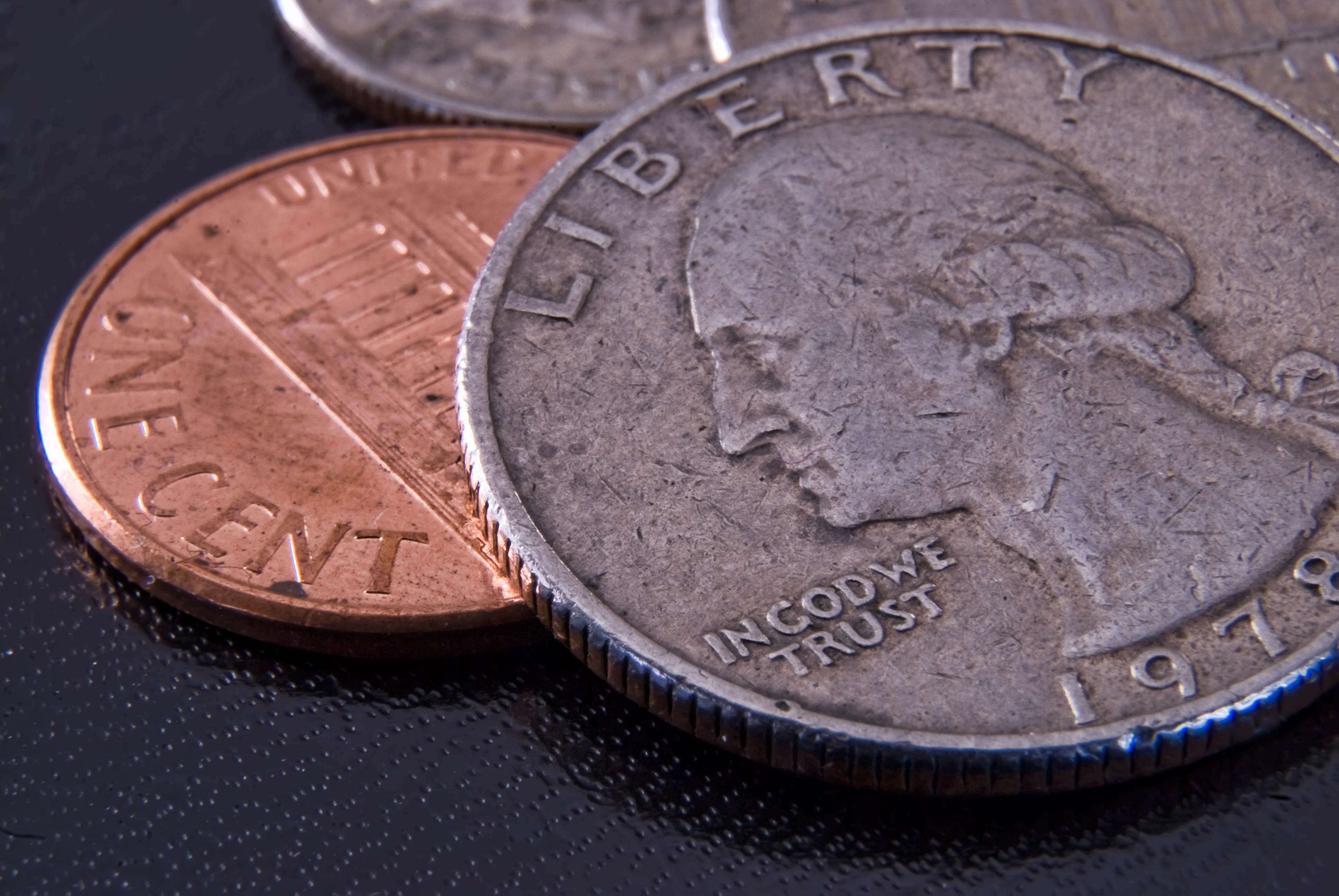
What does cryptocurrency actually stand for?
Since I started working in the blockchain field, I tried to wrap my head around crypto-currencies/ coins/ tokens and understand what kind of asset they are. Various people call them differently, some differentiating between coins and tokens, while most seem to be putting them all under the label of cryptocurrencies. Even though I am not a finance expert, I am a law graduate. Which means that I like definitions. And that I like to argue. There will be lots of both in this text.
As we live in a digital age, and I am talking about something purely digital in a digital mean, I am going to use a definition from a digital encyclopedia digital people trust, the one and only Wikipedia:
A cryptocurrency (or crypto currency) is a digital asset designed to work as a medium of exchange that uses cryptography to secure its transactions, to control the creation of additional units, and to verify the transfer of assets.
And in general I agree with the definition. But, of course, there will be a ‘but’. I would like to focus on the ‘medium of exchange’ aspect. It has taken various forms over the years. Let’s look at them now and see how they relate to crypto.
Shells, coins, banknotes & what not
It’s the basis of human nature to want to exchange things. We all have heard about the barter system. One person, let’s say Pieter, wanted to get flour. Unfortunately, he wasn’t a miller, but he had cows and eggs to offer. Another person, let’s call him John, was a miller and wanted to sell flour to Pieter. And we learnt in primary school that now Pieter would exchange x amount of goats or eggs for the flour. Even though it sounds great and romantic, there is no evidence that it actually happened. The first problem is that John might not want eggs or goats, second — even if he did, he might want them in a different moment than Pieter could provide them.
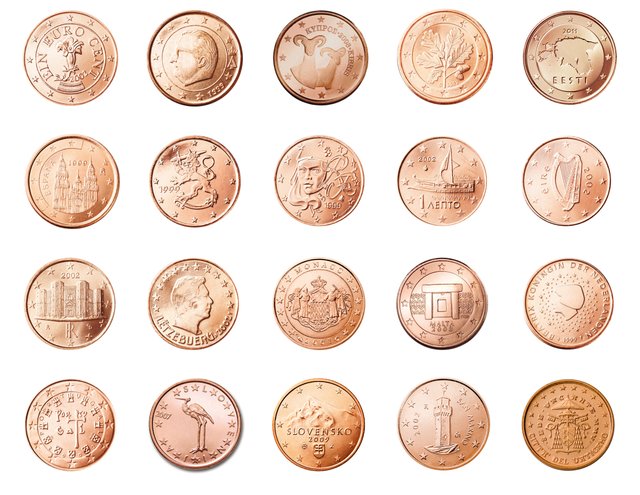
But Pieter still wants flour, he wants a good. And that’s where the ‘medium of exchange’ comes back in. Archaeologists discovered that around 1200 BC people in China used cowry shells as means of exchange. 200 years later the shells were replaced by metal as money, which resembled … the shells. In 600 BC first coins were actually minted by the Lydian king in today’s Turkey and were made of electrum (a mix of gold and silver). Throughout the years and various territories people used different coins. Between 7th and 11th century banknotes were introduced in China. Some people say they were produced because of of the shortage of copper from which the coins were made back then and some say because of the inconvenience of shipping the coins themselves. Merchants didn’t want to carry coins around so they would keep them with a trusted person and they would give a certificate that he got this amount of money there. Then he could trade using the notes because they provided with a promise that upon the presentation of the note the holder would receive what was due.
In 1871 Western Union enabled sending money overseas with a telegram so transferring money got the form of a telegram, in 1950s it got the form of plastic with credit cards getting popular. In 1990s we got e-mail money when PayPal enabled paying for goods through an email. In reality, PayPal had an even more grandiose vision — they wanted to create a new internet currency that would replace the US dollar. And in 2009 thanks to Satoshi Nakamoto we got crypto money with the birth of bitcoin. And Sacks, PayPal’s ex-COO stated “But cryptocurrencies like bitcoin are now fulfilling that original vision. They are doing it in a decentralized way (with a decentralized database called the blockchain) whereas PayPal tried to do it in a centralized way.”
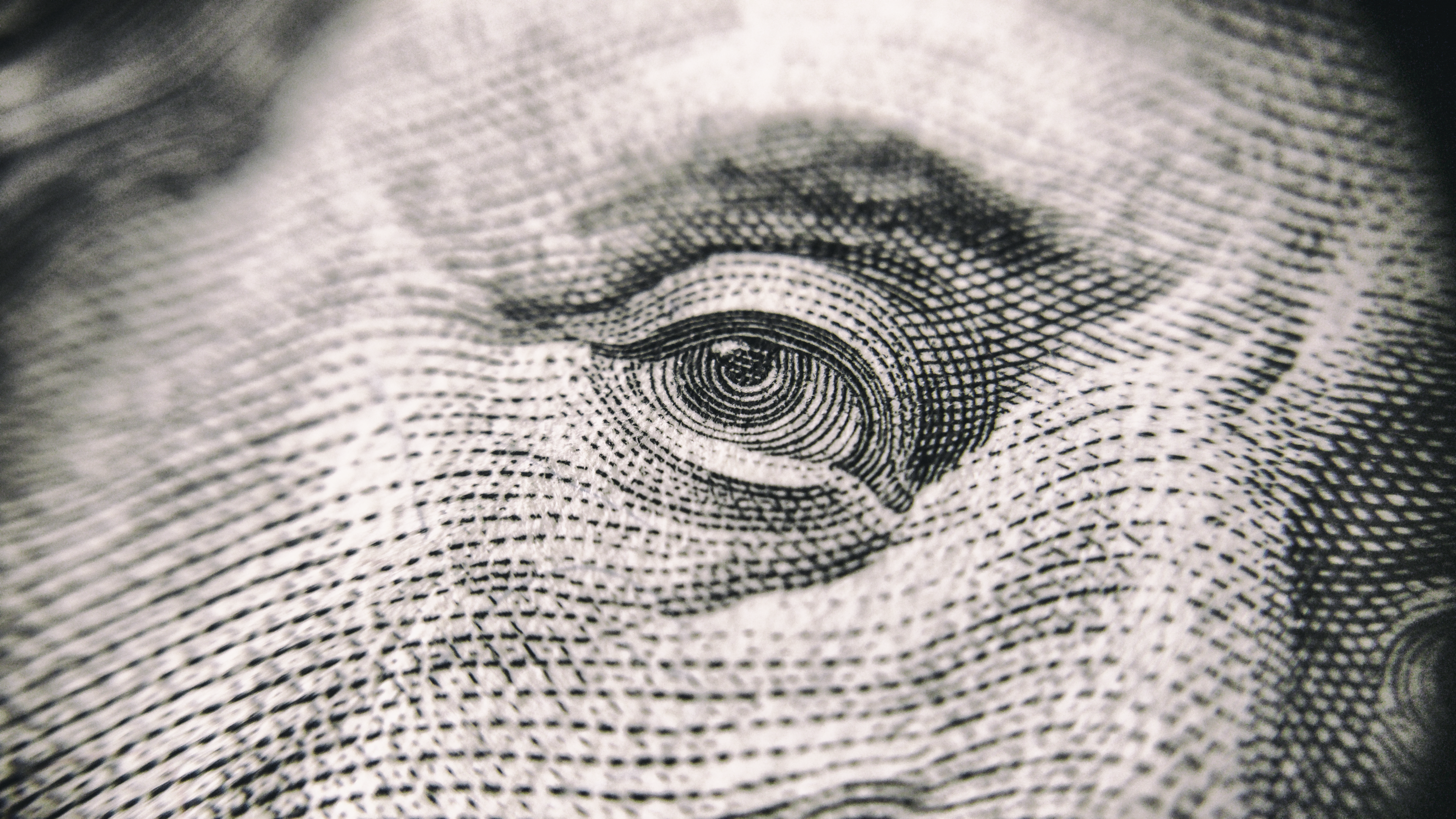
As we can see throughout the centuries, people have been trusting the value of various things such as shells, metals, paper. And now a computer code in the form of cryptocurrencies.
What can we exchange the crypto shells for?
And that’s true that the medium evolves — from shells to crypto. But now the other question lies: what can we exchange it for? Because that’s what we strive for. The ability to exchange what we have (coins, shells, crypto) for what we want. And obviously, not everything can be bought with money but what can be bought with crypto?
Let’s start with the cryptocurrency that even my mum could name: Bitcoin. At its beginnings was the favourite currency of the Silk Road users who, let’s put it mildly, didn’t use it to buy bread and butter. But then it spread a bit further and you could buy pizza with bitcoin, and then few years later you could even pay for a taxi with bitcoins. But just before Christmas transaction costs would soar up to $60 so it’s stopped to fulfil this function.
And what about other 1400 cryptocurrencies? The second largest crypto taking into account its market cap — Ether — is used as a payment method on the Ethereum platform that lets you create smart contracts and make your own tokens. The tokens can represent various assets (you can check how many different ones on trivial.co). Those tokens are also often called cryptocurrencies. And what can you do with them? Well, mostly pay for the services on the platform the startup is creating. Do you see a pattern? Well, yes, those are medium-of-exchange tokens that could be used as a means of payment on the platform yet to be developed (here my favourite piece on the topic by the Ethereum founder himself). Let’s try to translate it to the real world. Each company could have its own currency which would mean that if I wanted to go to a restaurant on my street, once I chose a restaurant I would need to buy their coins on an exchange. Or if I wanted to go to a supermarket, and if each brand had their own cryptocurrency, I would need to buy several ones just to do my groceries (oh and yes, banana coin was invented recently).
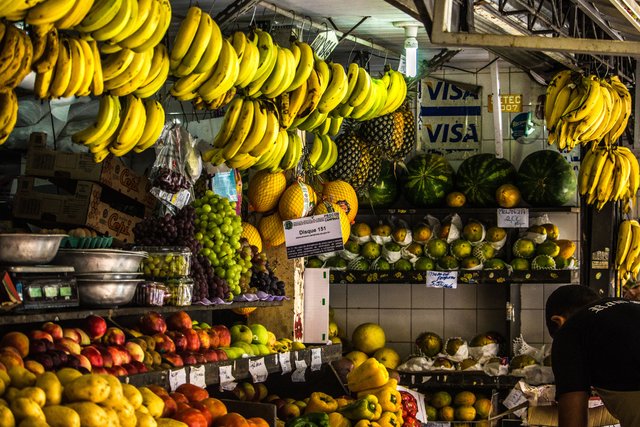
Didn’t we invent a currency so we could pay with the same dollar bill in any place in the US? Or didn’t we agree to introduce euro to be able to do it in France, Germany and 17 other countries?
What’s in the name?
What I find fascinating is that we still call crypto — coins — because that’s the language we’ve been using for 3000 years and we try to understand the new world with an old language. And we also try to crypto assets by applying the concepts, names that we already use even though if they don’t entirely fulfil their definitions. That’s why we are trying to find similarities between crypto assets and the real world that we know. And we are trying to give it the name that we know. And I am asking whether that’s possible.
When a new crypto is born (through an ICO) many regulators suspect that the tokens/coins should be seen as representing company’s equity. When they are in circulation the community often calls them cryptocurrencies and coins. Whereas CFTC, the regulator of commodity and futures trading classified bitcoin and other crypto as commodity. And thus CME, which just before Christmas introduced futures on bitcoin, listed them under the Equity Index category, next to S&P, Dow Jones and Nasdaq futures. Whereas IRS (Internal Revenue Service, the US tax office) qualifies crypto as property. So it seems that defining crypto has been quite confusing not only for me.
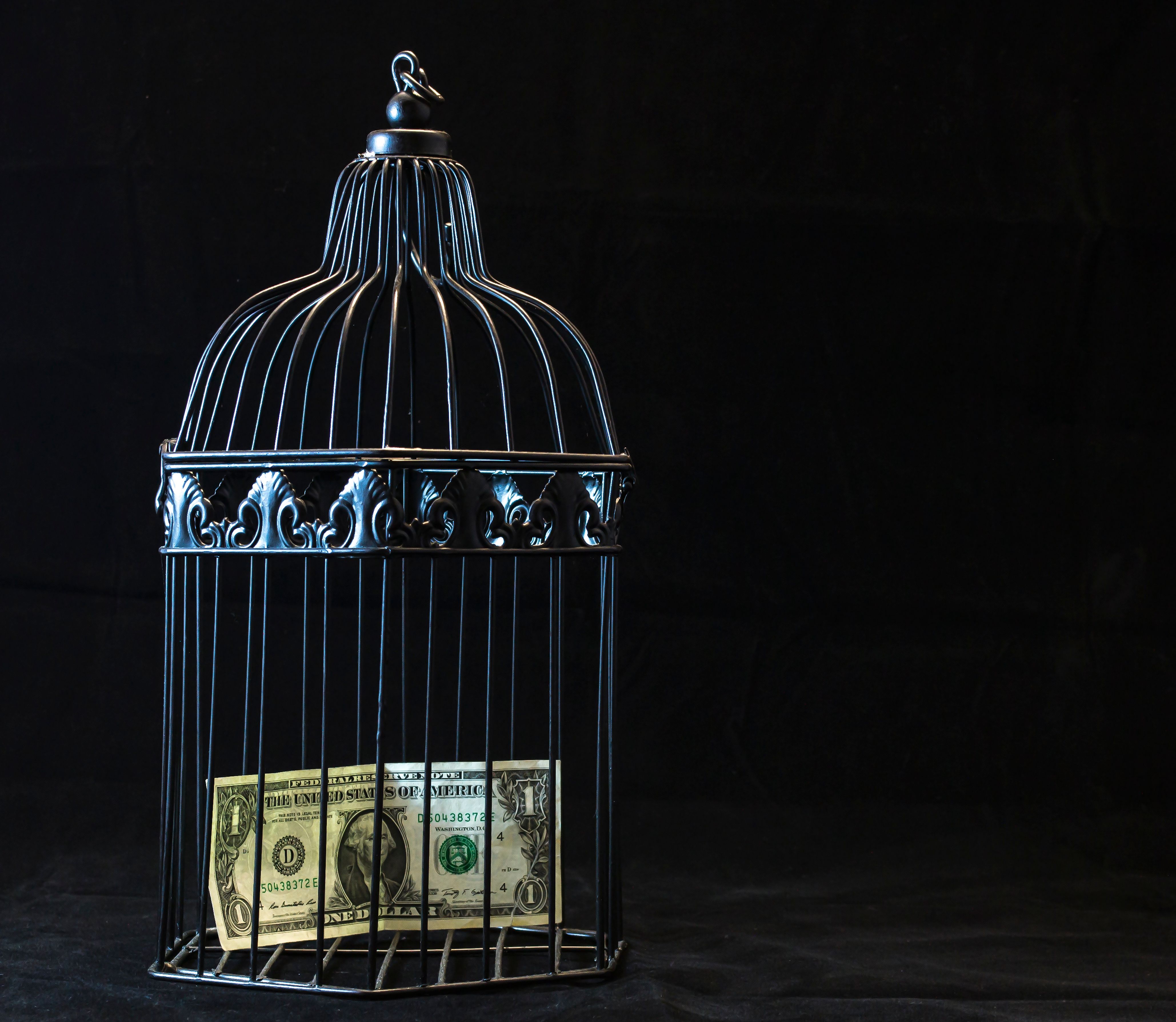
And what’s in the name? Why is that so important? Some would say it’s just lawyer’s talk. But the point is that, even if as a community we know that crypto does not actually fulfil the definition of a currency, when people from the ‘outside’ hear cryptocurrency, they start treating them as … currencies. That means we are miscommunicating with the world. Or maybe that means that we cannot find a better word for it. But watch out, if we don’t find a good definition, someone else might. And we might not like it.
P.S.
Why is it so important to me personally? Cause we are building an Ethereum blockchain browser at Trivial where users can get information about their accounts and different coins/tokens/cryptocurrencies. And I would like to know how to talk about it.
You can check it out here: trivial.co
What you can do with it? You can search for interesting tokens:
You can do it by browsing the categories you fancy - e.g. GAMING or PORN or VR.
You can use the option ‘Find user’ - and type in the tokens you like and see accounts with those tokens. And then you can check what other tokens they have - doing kind of a shortcut in your discovery process.
You can then add the token you like to your ‘favourites’ and get updates - get a kind of a ‘Facebook feed for tokens and your friends’ (if you tag their accounts)
And many more ways that I let you discover for yourself.
As we’ve released the tool only a few weeks ago and we’re in Beta, we are hungry for feedback so we can make the tool better for you. And make token discovery trivial at Trivial.co :)
P.S. I first published the text on HackerNoon https://hackernoon.com/cryptocurrencies-should-we-really-call-them-currencies-44a2f0ae5bc7
That’s a robot I believe that commented bout similar content :) upvoted good luck
yes, I just wanted to be polite also to non-humans here ;)
Congratulations @kellug! You have completed some achievement on Steemit and have been rewarded with new badge(s) :
Click on any badge to view your own Board of Honor on SteemitBoard.
For more information about SteemitBoard, click here
If you no longer want to receive notifications, reply to this comment with the word
STOPDo not miss the last announcement from @steemitboard!
Congratulations @kellug! You received a personal award!
Click here to view your Board
Do not miss the last post from @steemitboard:
Congratulations @kellug! You received a personal award!
You can view your badges on your Steem Board and compare to others on the Steem Ranking
Do not miss the last post from @steemitboard:
Vote for @Steemitboard as a witness to get one more award and increased upvotes!
For future viewers: price of bitcoin at the moment of posting is 8495.70USD